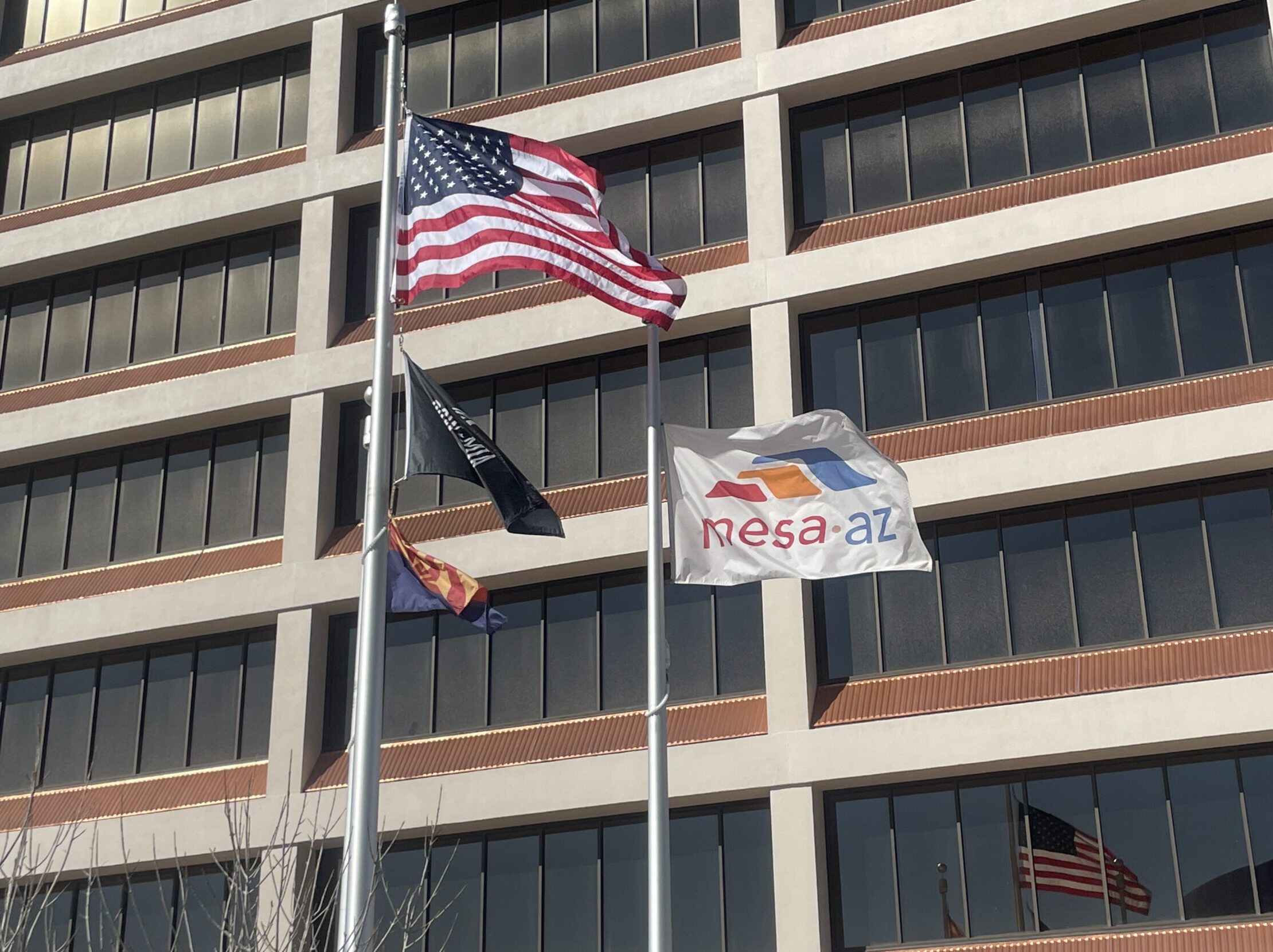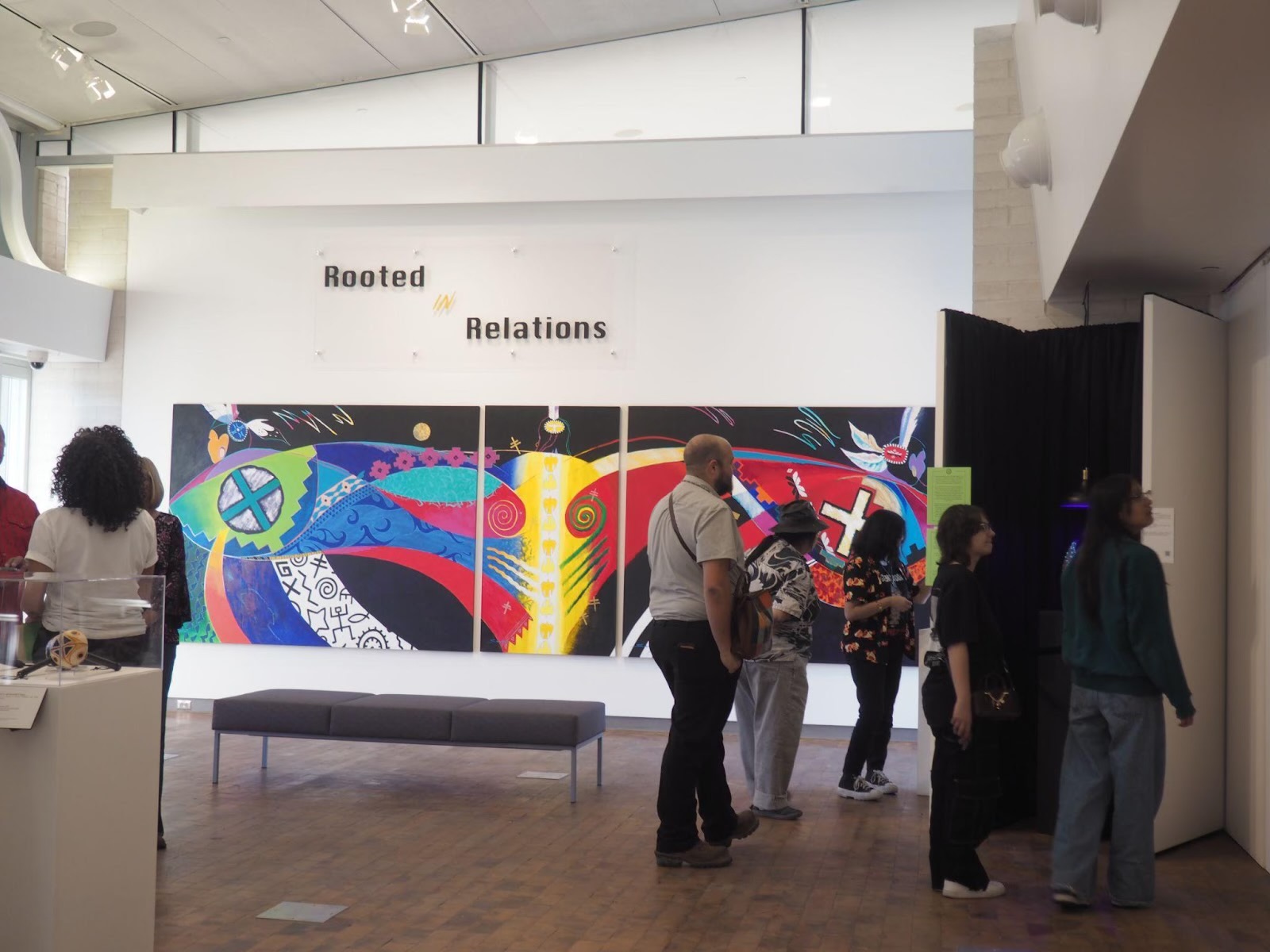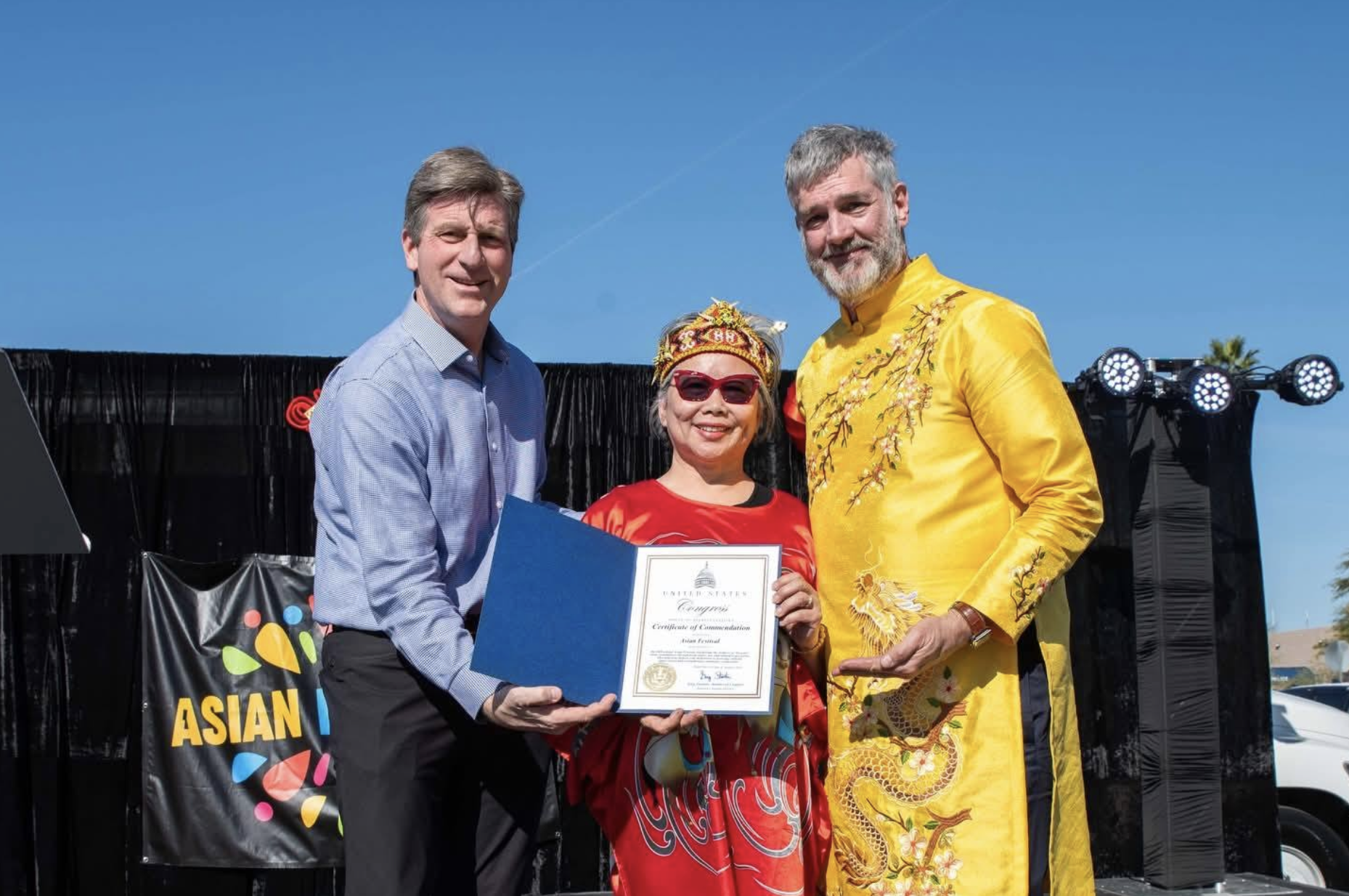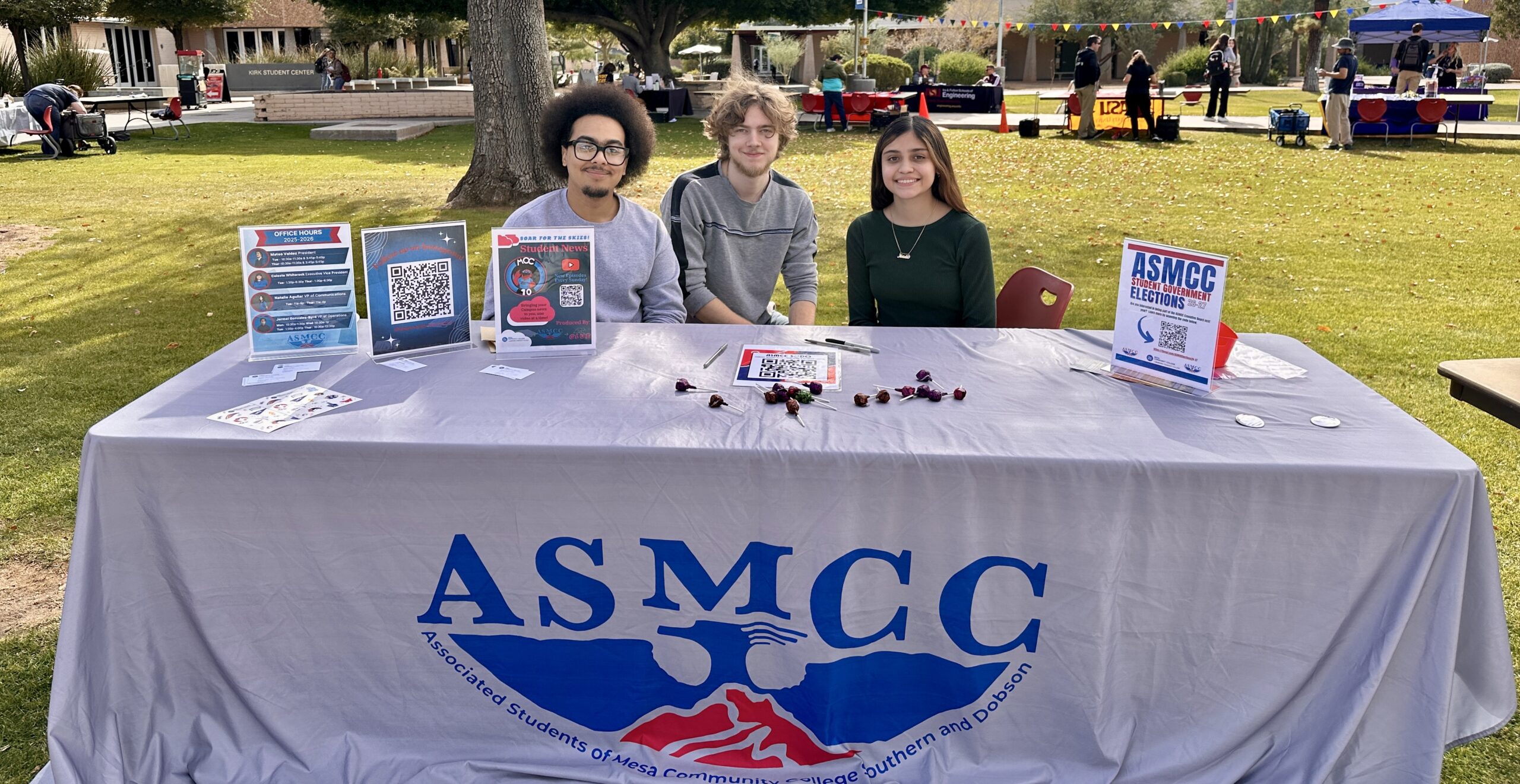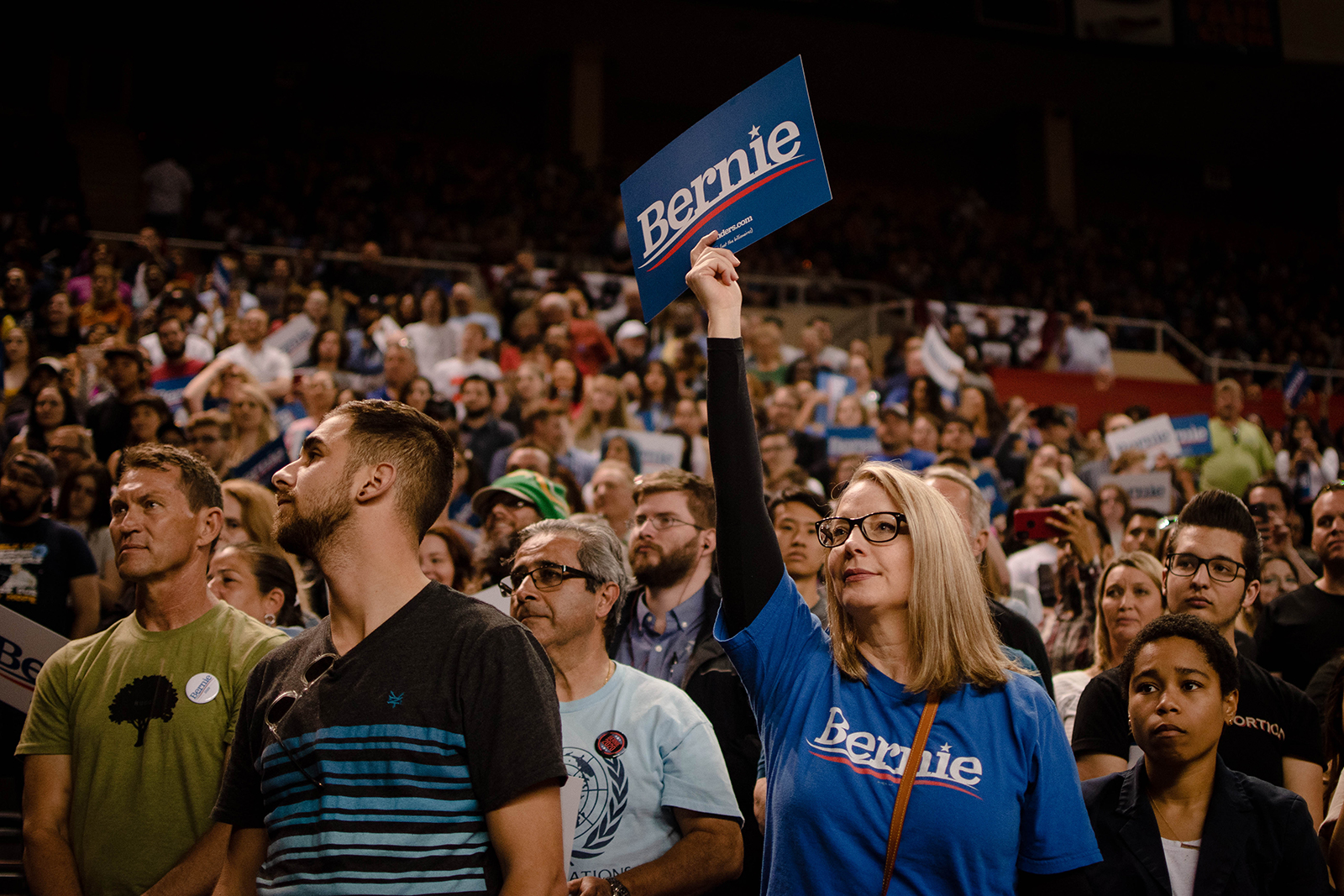Candidate obsession and the need for emotions in politics
As the midterm elections get closer and voters in the United States look to political candidates to push the country in different, and hopefully better, directions, it can feel as though an obsession has been formed.
This sense of political fervor can be directed at an individual; an incumbent senator, a former president, maybe a new candidate looking to make their mark on American politics, or it can even be directed at an ideological base such as a party or an institution.
Regardless of how this passion manifests, the need to seek out a political identity through an individual or an idea is one that pervades American democracy throughout each election cycle.
Candidates look to bring about strong emotions from voters, sparking the ire of eligible democratic participants to ensure their vote is cast in a specific direction.
Whether brought about through fear or through enthusiasm, the politically inclined are evidently fueled by emotion, and this may be one of the most necessary components of our electoral processes.
In a study conducted by George Marcus and Michael Mackuen, political scientists and professors at Emeritus College and University of North Carolina respectively, the enthusiasm and anxiety perpetuated by candidates and parties were examined to determine the role of emotionality in democracy.
“In short, enthusiasm increases campaign involvement and anxiety enhances learning,” the study states. “When politics makes people anxious, people sharpen their eyes and pay careful attention; when politics drums up enthusiasm, people immerse themselves in the symbolic festival.”
Without voters following these candidates on the basis of emotion, both positive and negative, the perceived need for political attention appears to dwindle. But when excitement or fear begin to be emphasized by officials, political understandings seem to be heightened

An example that continues to remain in the news cycle can be seen in the support garnered by former President Donald Trump.
Trump’s divisive political history has given way to a large degree of fervor for his beliefs and specific notions of leadership.
Through the anger and enthusiasm bolstered by the former President, supporters continue to rally behind his understanding, regardless of the controversy surrounding the individual and those around him.
Though Trump’s brand of Republicanism has attracted a high degree of political participation, the Democratic party has also enjoyed a similar level of involvement through emotionality.
While not inherently tied to this party, Democrats have made continued efforts to fight against Trump and garner support on the basis of emotionality, and have found much success in doing so.
As candidates look to either oppose or befriend Trump, the emotionality behind this struggle continues to draw voters in and allows for increased democratic participation.
While these emotions may seem to verge on obsession of political leaders, democracy’s need for involvement should outweigh the worry of fanaticism.
Both parties heavily engage in this competition to incite the emotions of citizens throughout the country and ultimately, as emotions run high and candidates look to exploit these feelings, American democracy hinges on engagement.
Without engagement and enthusiasm, political apathy can begin to dominate the public perspective, to disastrous effect. The midterm elections will take place on Nov. 8 and will see the implementation of expanded voting access for residents of Maricopa county.
This story was edited on 11/8/2022 to correct an error made at the time of publication.
